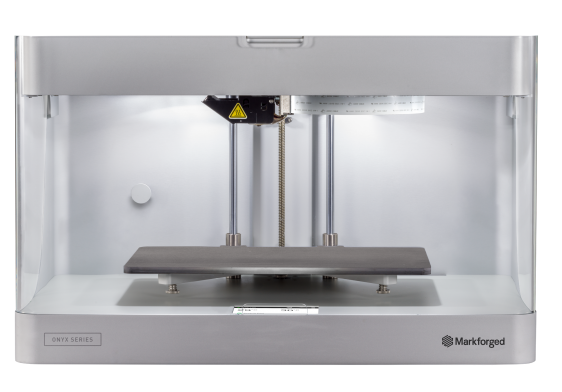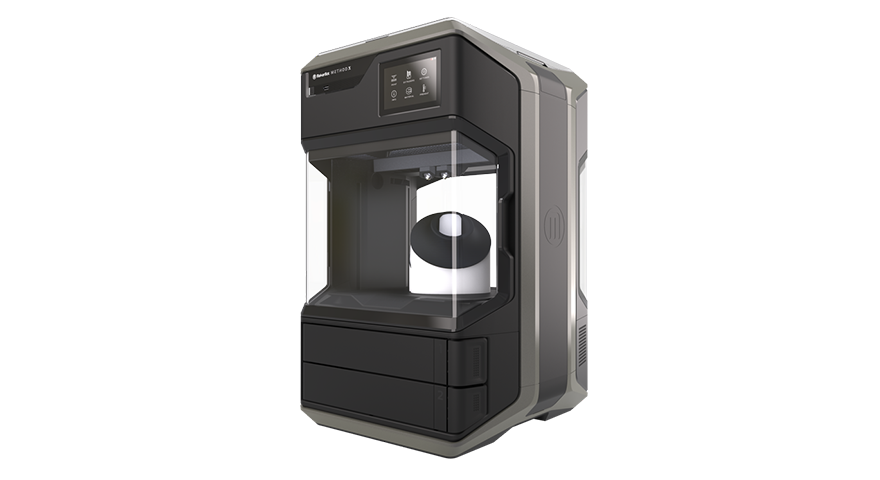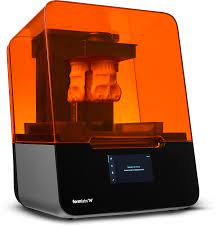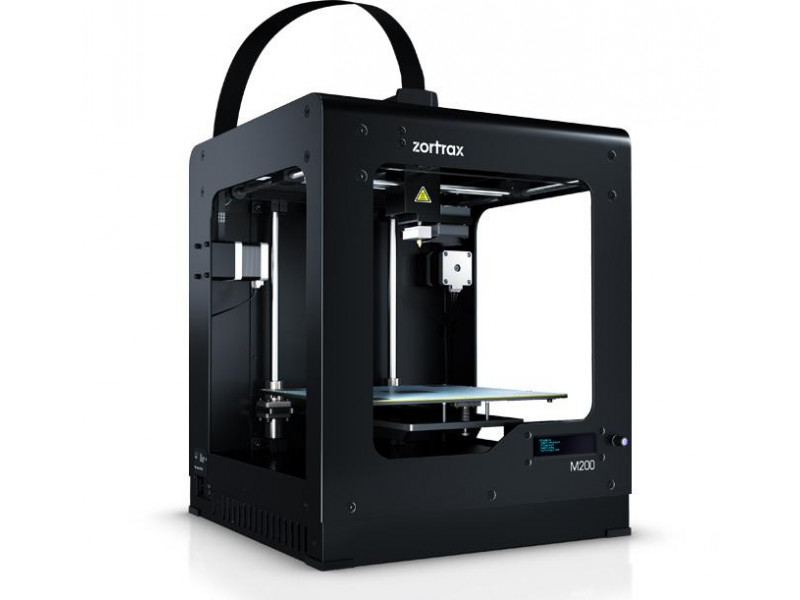Summer Program Training and Outreach
List of Instructors and Online Program Schedule
July 25, 9 a.m.–noon
Module 1: Why 3D printing — the excitement of processes and materials!
Dr. Hector Siller
Dr. Sameehan Joshi
July 26, 9 a.m.–noon
Module 2: Sustainability and energy in materials science: the importance of additive manufacturing
Dr. Srinivasan Srivilliputhur
July 27, 9 a.m.–noon
Module 3: Supply Chain Management and Logistics for AM
Dr. Suman Niranjan
Dr. Arunachalam Narayanan
Himali Patil
July 28, 9 a.m–noon
Module 4: Data Science and Data Analytics
Dr. Song Fu
July 28, 1–4 p.m.
Module 5: Cybersecurity issues in 3D printing
Dr. Lida Haghnegahdar
July 29, 9 a.m.–noon
Module 6: Toward an in-depth understanding of 3D printing — Process Diagnostics
Dr Yuqi Jin
Brian Squires
In-Lab Activities and Exercises
Laboratory 1: 3D printing of polymers/plastics
Learning Objective: The student will gain experience in the use of additive manufacturing equipment based on filament fabrication (Fused Deposition Modeling), vat photopolymerization,and other polymer 3D printing techniques.
Deliverables: After learning how to pre-process, fabricate and post-process 3D-printed parts, the students will present a brief report and a fabricated part.
Laboratory 2: 3D printing of metals
Learning Objective: The student will develop practical knowledge on the fabrication of metallic parts by different additive manufacturing techniques, namely laser powder bed fusion (L-PBF), direct energy deposition, DED, and hybrid manufacturing.
Deliverables: The students will present a brief report about their findings and to discuss the impact of process parameters in the quality of the fabricated parts.
View on YouTube: Trumpf TruPrint 1000: Laser Powder Bed Fusion
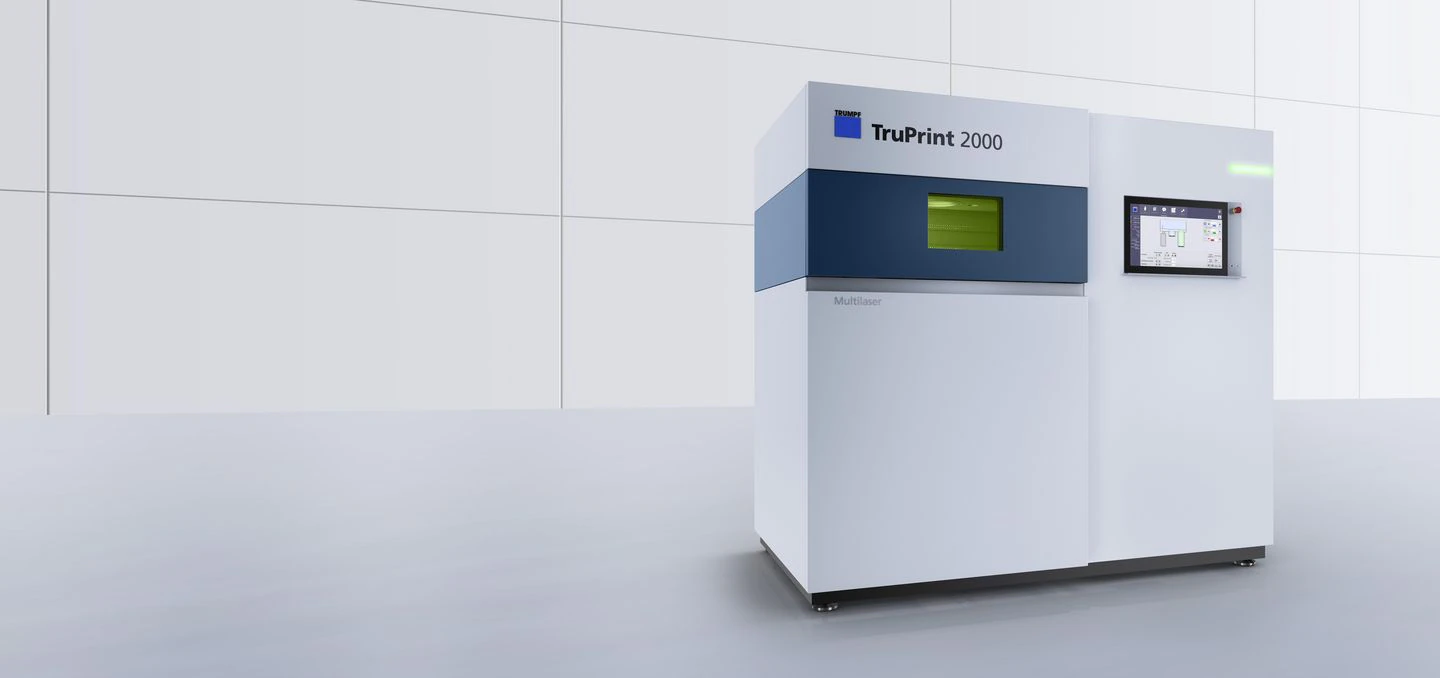
View on YouTube: Hybrid Manufacturing Technologies Ambit: Directed Energy Deposition
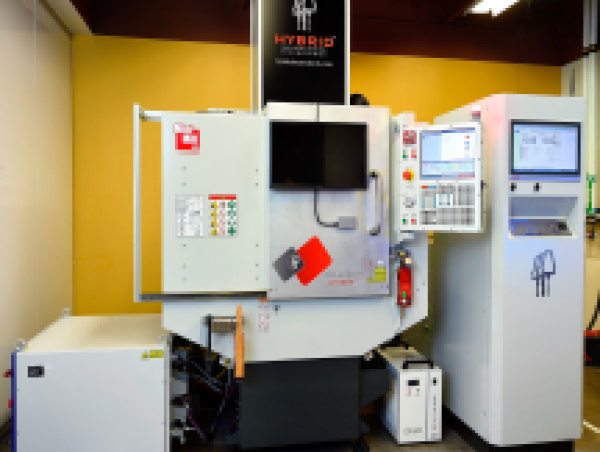
Laboratory 3: 3D printing of ceramics and other materials
Learning Objectives: The students will perform different tasks for the fabrication of composite parts made by binder jetting and with functional materials.
Deliverables: The students will present a brief report about the characteristics of the fabricated parts and will discuss the capabilities of binder jet technology to fabricate functional materials.
View on YouTube: Exone Innovent+: Metal Binder Jetting
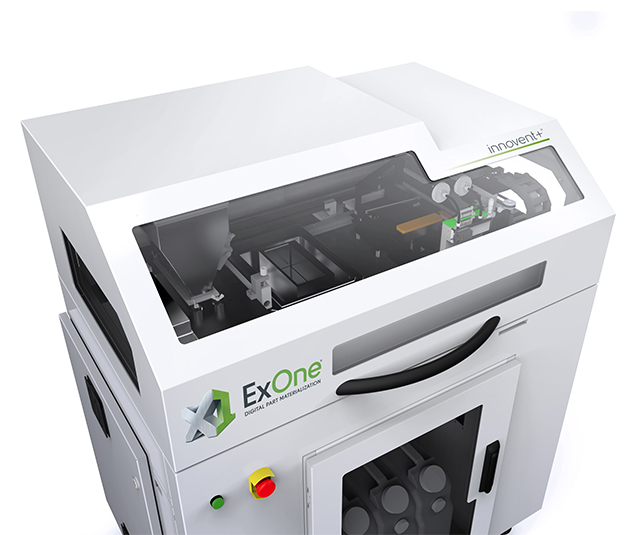
Laboratory 4: Open-lab session about additive manufacturing
Learning Objectives: The students will develop extra knowledge on a topic of their preference and will work in pending homework assignments with the Edupack software for Materials Science.
Deliverables: Edupack exercises and discussion about the importance of additive manufacturing in the industry.
